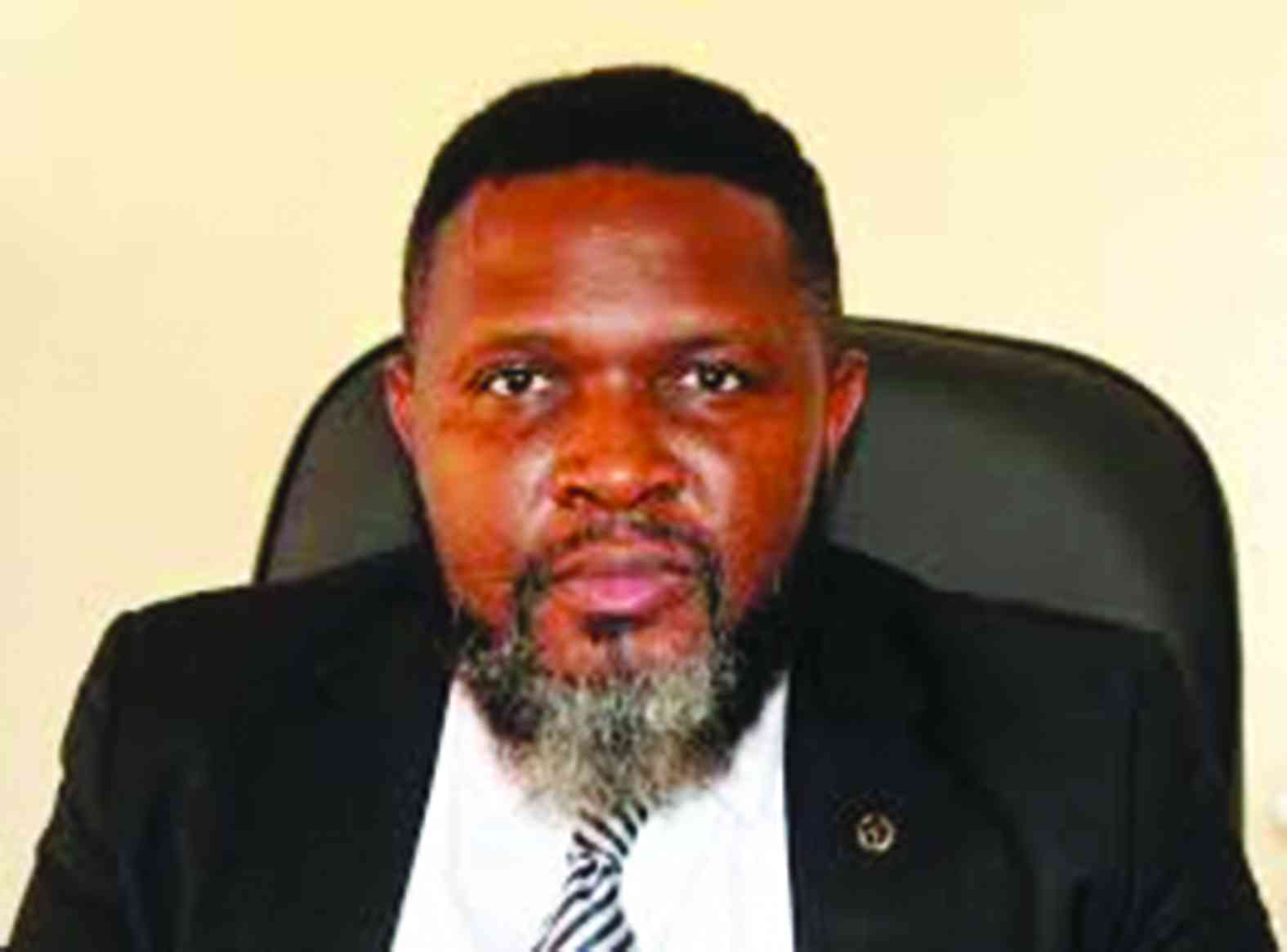
A BULAWAYO man unsuccessfully sued the National Prosecuting Authority (NPA) and officer in charge Zimbabwe Prisons and Correctional Services at Khami for refusing to release him from custody after the court quashed charges he was facing.
Jefeat Chaganda was facing charges of obstructing the course of justice under CRB108/22 though reference was made to previous proceedings under CRB118/18 and CRB112/20.
Chaganda was detained following a series of criminal proceedings.
He sought the relief in terms of section 50(7) of the constitution, arguing that his continued incarceration was unlawful.
With respect to CRB 118/18, Chaganda, through his lawyer, submitted that the proceedings had been quashed and set aside, leaving no operative remand date or detention order.
He argued that any order under this record was nullified along with the proceedings and, therefore, could not lawfully sustain his present detention.
However, the state argued that it remanded Chaganda in custody until the allegations were finalised.
Turning to CRB 112/20, Chaganda asserted that he had never been charged under that record and no remand date was ever fixed, nor was any detention order issued.
- State withdraws charges against crocodile farmers
- Edutainment mix: Heritage preservation can bring socio-economic development
- Zupco drivers allege tribalism
- Family demands closure to 19-year-old murder case
Keep Reading
The state argued that the underlying allegations against the applicant persist and must be prosecuted.
After Chaganda failed to appear in court on June 27, 2023, he maintained that no remand order exists and that the state had conceded that no indictment had been served in compliance with section 137 of the Criminal Procedure and Evidence Act (CPEA).
The state, however, argued that the allegations in CRB 108/22 remain relevant despite the procedural setting aside of the earlier proceedings.
The state also argued that the warrant issued arose from Chaganda’s willful default and that the default inquiry is still pending.
The state also highlighted Chaganda’s history of absconding as justification for continued detention.
Chaganda submitted that he was entitled to the benefit of the Supreme Court decision that nullified certain proceedings.
The State, however, submitted that Chaganda had not been a party to the Supreme Court matter and could not rely on it.
High Court judge Justice Ngoni Nduna dismissed Chaganda’s application.
"The use of the word “shall” is peremptory, leaving no discretion to release an accused except via a separate bail process,” Nduna ruled.
“The provision does not extinguish the charges against an accused; it merely addresses the procedural consequence of an assessor’s incapacity.
"The trial was ordered de novo not because the prosecution’s case was defective, but because the court sought to cure a procedural irregularity namely, the absence of a second assessor.”
The judge said the charges remained extant, and the matter iwas actively set down for hearing on November 3, 2025.
“The applicant’s refusal to sign the new indictment does not invalidate the indictment nor does it terminate the prosecution,” the ruling read.
“The applicant’s reliance on section 70 of the Correctional Service Act is therefore misplaced."
"Section 117(2) of the Criminal Procedure and Evidence Act [Chapter 9:07] provides the framework for the denial of bail where there is a likelihood of abscondment, interference with witnesses, or the jeopardising of the criminal justice process.”
The judge said Chaganda was not a suitable candidate for bail.
“In fact, as long as the matter has not been determined, it remains an outstanding case before the court.”









